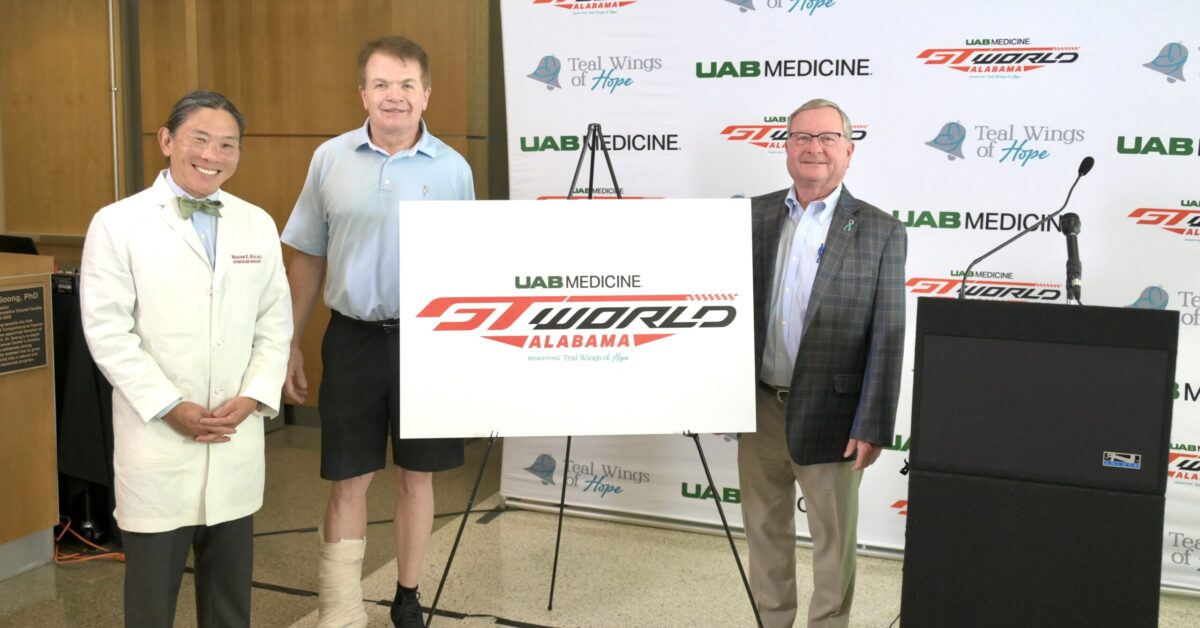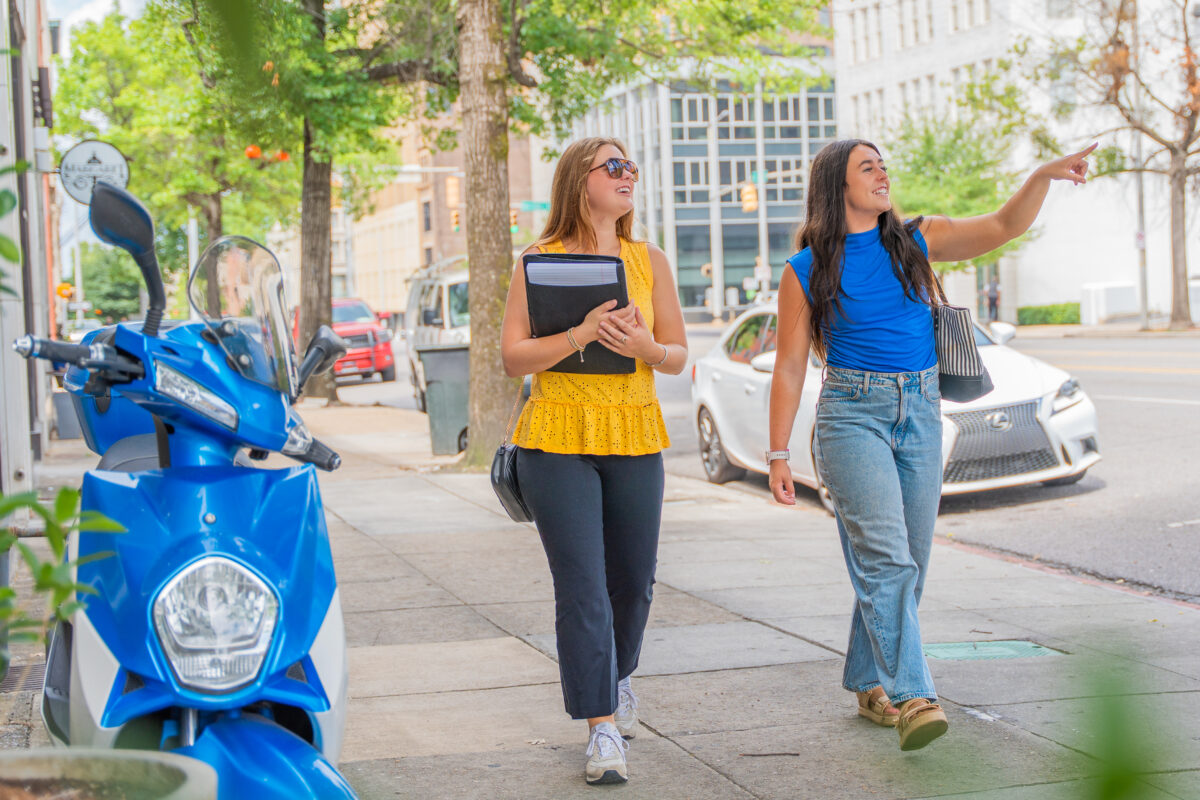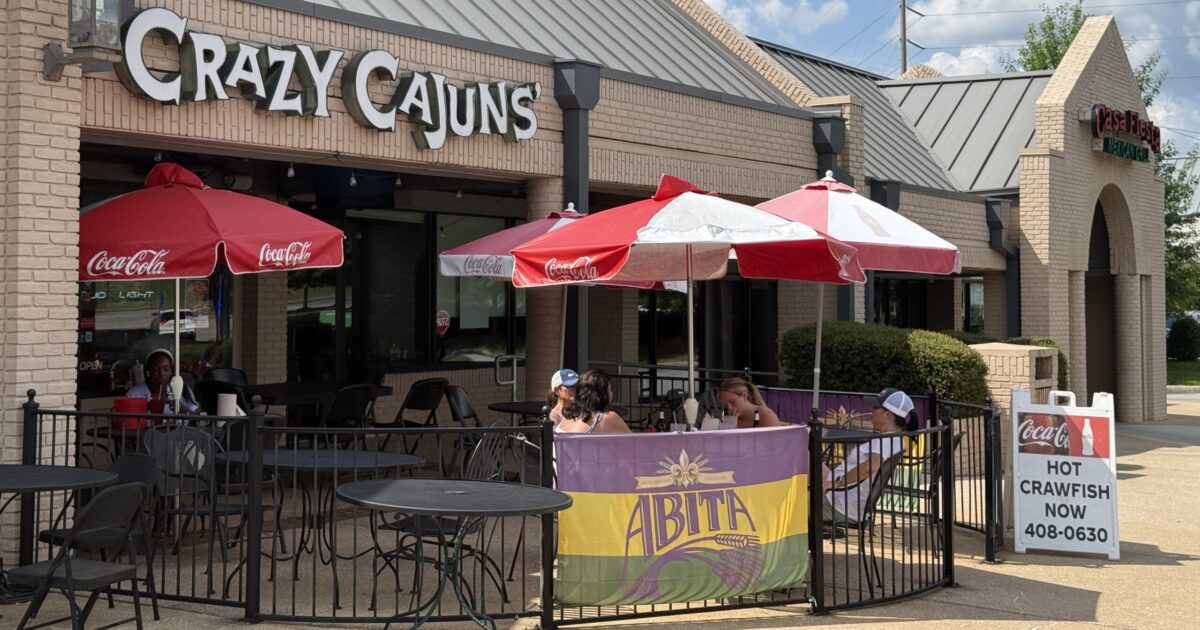5 things you need to know about COVID contact tracers, including how to be one
Reading time: 3 minutes

As numbers of COVID-19 cases in and around Birmingham continue to rise, we’ll probably all hear more about contact tracing. Contact tracers are part of the public health network designed to help stop chains of disease transmission. Find out why this matters and what to do if you’d like to become one.
1. A contact tracer is part detective, part counselor

A contact tracer, according to the Centers for Disease Control (CDC), is part detective, part counselor, and plays a vital role in helping to slow transmission of infectious diseases (in this case COVID-19).
First, they talk with the person who’s been infected and find out who they’ve been in close contact with while they have likely been infectious. That’s the detective part.
The counselor part is where they reach out to the people who may have been exposed to let them know. Privacy matters, so know that if you get a call from a contact tracer, they won’t reveal anyone’s identity.
What they will do is help you evaluate your level of risk and determine your best next steps (e.g. self-isolation, testing, etc.).
2. Contact tracers help stop the chain of infection
If you are a contact, meaning you’re one of the people who’s been in close contact with someone who’s been infected, you’ll be encouraged to stay home and social distance so you don’t spread it to others.
You remember that cool video of the matches from back when we were trying to #flattenthecurve for a minute. Now, the goal is risk reduction. Just like condoms help stop the spread of HIV/AIDS, social isolation can definitely help keep an infected person from passing COVID-19 on to others.
3. Ideally, contact tracers are skilled professionals

According to the CDC, contact tracers need specialized skills. Some of these include:
- understanding patient confidentiality
- understanding the medical side of the illness and its spread
- excellent interpersonal, cultural sensitivity and interviewing skills
- crisis counseling + referral skills
- cultural competency
4. That said, some jobs can be filled by people with basic phone and computer skills

For example, this temporary contact tracer position requires a bachelor’s degree and a year of customer service. Instead of having all the skills listed above, which would be the ideal scenario, you basically work off of a script.
Also, Birmingham-based MotionMobs created a contact tracing app that caught the eye of the New York Times and UAB, who’s using it to help with their own contact tracing efforts.
5. If you’re interested in being a contact tracer, look for job postings

Key places to look include:
- The CDC Foundation’s COVID Response Corps’ Job Listings (includes jobs around the country)
- UAB’s School of Public Health News
- Alabama Department of Public Health jobs listings (not currently advertising contact tracer positions, but may be in the future)



